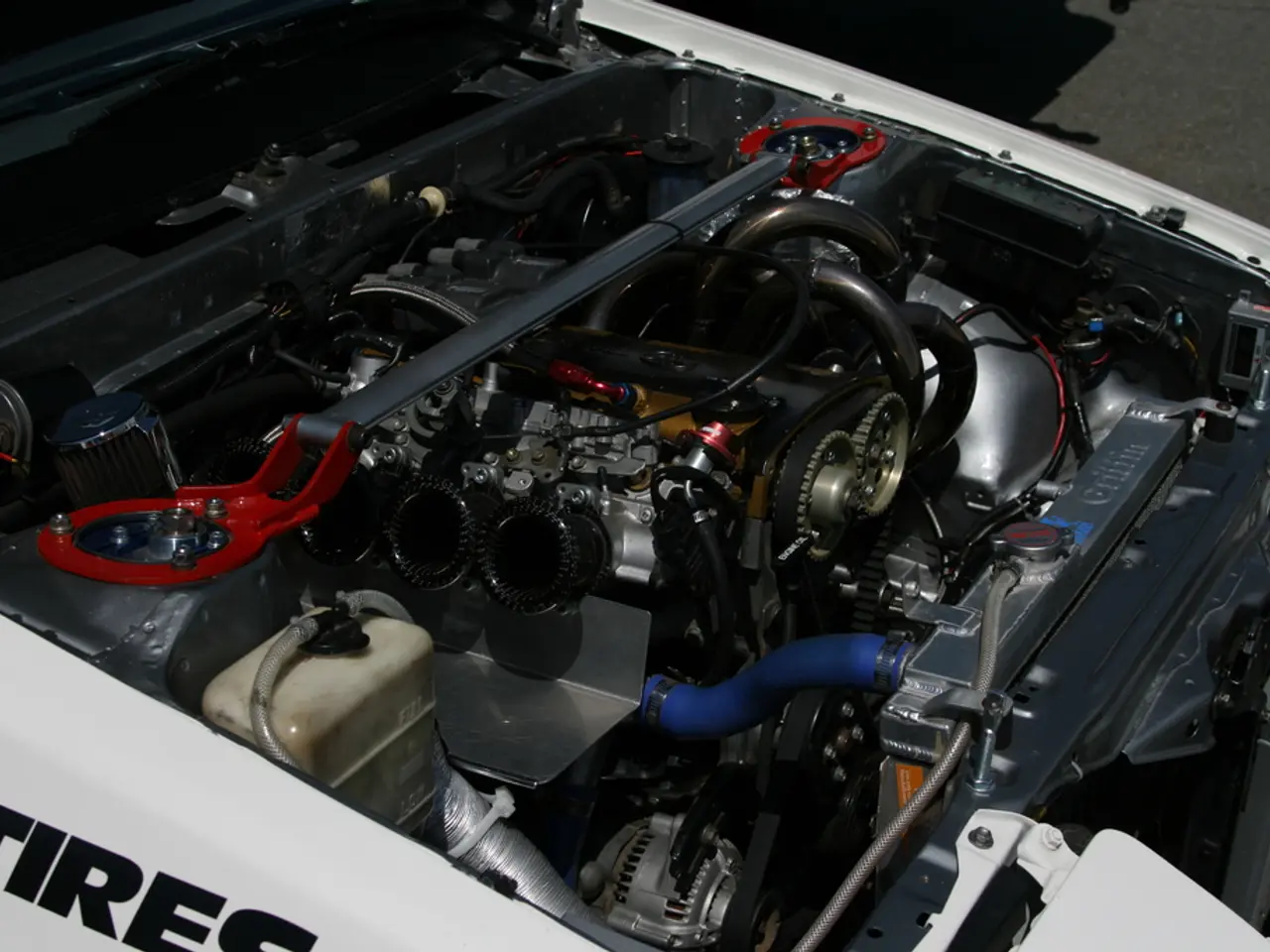EU's 2035 Engine Ban Sparks Debate Over E-Fuel Exceptions
The EU's 2035 combustion engine ban, which includes exceptions for so-called e-fuels, has sparked debate. Federal Chancellor Friedrich Merz (CDU) has called for a review, while others emphasize the need for clear climate planning.
The EU initially decided in 2022 to phase out new vehicles with gasoline or diesel engines by 2035. However, negotiations have led to exceptions for cars using synthetic, climate-friendly e-fuels.
Merz has proposed revisiting this decision, raising concerns from some. SPD's Sebastian Roloff warned that questioning the ban could harm Germany's long-term competitiveness and unsettle the economy. Green politician Cem Özdemir echoed this, stressing the need for Germany to remain ambitious.
Climate Protection Minister Carsten Schneider (SPD) acknowledged disagreements within the government. He highlighted the ten-year transition period and expressed trust in German engineers' capabilities. Özdemir, however, emphasized the importance of flexibility with the timeline while keeping a clear path towards the goal.
The EU's combustion engine ban, with its recent e-fuel exceptions, remains a contentious issue. As the review continues, the automotive industry awaits clear perspectives for the transition to electromobility. The debate underscores the need for reliable framework conditions to support industry and climate-neutral driving.
Read also:
- HLC Approves ₹4,645.60 Crore for Flood Recovery and Wetland Rejuvenation in Nine States
- Two farmers in Zambia take legal action against two firms with Chinese connections, alleging an ecological disaster caused by their operations.
- Deepening EU-India relations despite apprehensions regarding Moscow connections
- Ongoing Transition Towards Cleanliness







